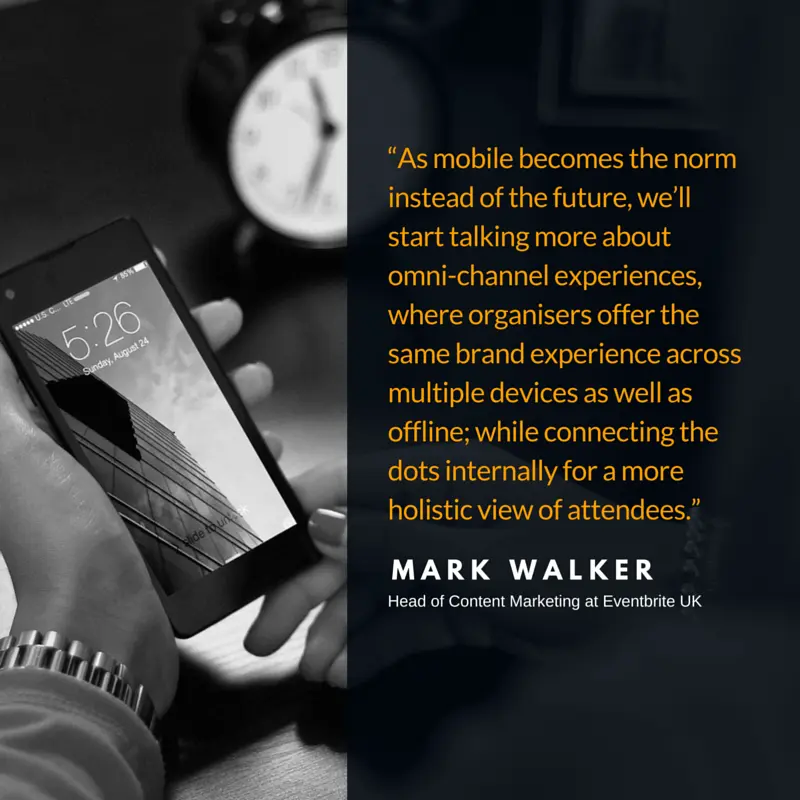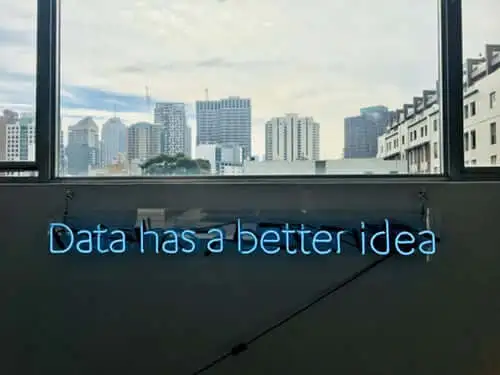Originally published May 6, 2016 , updated on January 24, 2026

The marketing world is constantly awash with new buzzwords. But, few have such potential to revolutionize the events industry than, “omni-channel marketing.”
This concept is built around the expanding interaction opportunities. Organizers can make use of them to provide attendees with an engaging event experience. This is regardless of the channel they choose to experience it through. Mike Stocker of Marketo Marketing Blog said it perfectly: ”Each piece of the consumer’s experience should be consistent and complementary.”
It’s essentially as simple a concept as that, providing a cohesive experience that brings your brand right out into their favourite channel. It can either be a physical event, website, social media channels, or mobile app. As with any ‘new’ development, there are a number of trends emerging that people can put into effect at events. They can use them to skyrocket the quality and depth of the attendee’s experience.
Different Channels for Businesses
One of the biggest necessities is for event managers to regularly review and interact with the channels that prospective and confirmed attendees interact with. It’s certainly of utmost importance to find out what the customer is experiencing. This way, you can constantly hone and polish them to become the best possible set of end-user experiences possible. This approach of omni-channel marketing helps you build anticipation, hype, and also word-of-mouth marketing amongst the various channels. Stocker recommends that “If possible, these tests should be performed by external and internal testers”. These will help to grow a balanced view of what works and what can be improved upon.
In a recent Think with Google article, Julie Krueger summarizes that companies need to “measure behavior, provide localized information, and create the right organizational structure.”
In simple terms, learn about your attendees’ habits. Then, tell them what they need to know in a way they can connect with and begin to focus every facet of your organization on matching the traits of your target market. Consumers can see through corporate pretense to a greater degree of clarity with every passing day. It forces event organizers to market and exist authentically, in line with their stated values. This increasing transparency and conformation to the market is a fast-growing trend that sets events aside from those grown from more stone-aged thinking.
Use of Current Clients for Omni-Channel Marketing

Another omni-channel marketing trend that is rapidly gaining popularity is the intelligent use of existing client databases. iVend.com’s Kamal Karmakar points out that, “Using purchasing history to their marketing advantage, brands can target consumers with relevant messages that will help capture attention and as a result drive conversions.”
The key point here is not the exploitation of private information. Instead, to simply referencing their purchase history to gauge where their specific area of interest lies, the channels they prefer to use, and the types of events they gravitate toward. It’s about getting the personal interactions going and curating communications based on the individual. Finally, it’s about building rapport with loyal attendees on any channel they choose.
Post Views: 1145




















